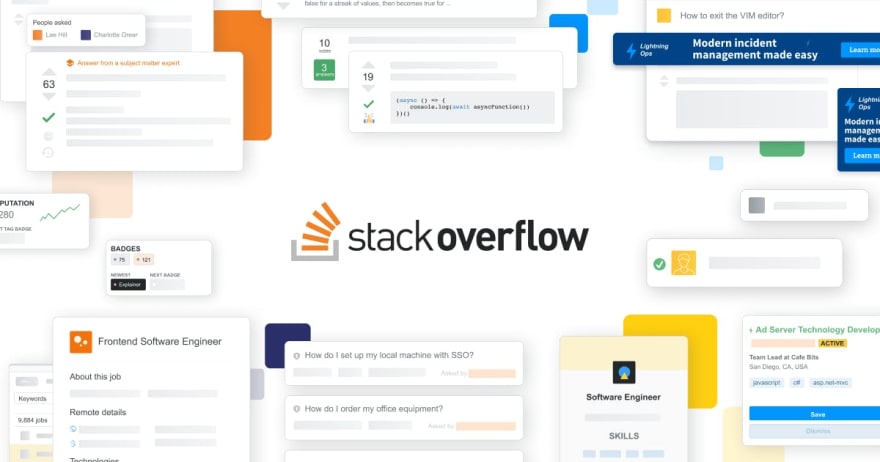
As an experienced software engineer, you’ve probably heard the phrase Google it more times than you can count at this point. Perhaps even to the point where it gets annoying when people say it to you! But instead of seeing this as an insult, think of it as advice from your senior developer —they’re saying Google it because they know that it will help you learn something new and deepen your understanding of the topic you’re talking about.
1. Research Your Problem Online
If you have any questions about how to go about finding your answer, there’s a good chance someone has already asked that question and gotten an answer online.
2. Look at the Source Code
One of my favorite tricks for finding solutions is to look at source code. I’ll Google an error message, and then find and read through someone else’s code that I think has similar issues.
3. Solve Simpler Problems First
In programming, it’s easy to get lost in big picture problems. The beauty of big problems is that they can be solved elegantly once you’ve solved smaller, simpler ones.
4. Get Experience with Open-Source Software
Most large, established companies use open-source software (OSS) to save time and money. Smaller companies often avoid OSS because they assume it won’t have all of their specific features.
5. Learn Basic Algorithms
An algorithm is simply a step-by-step process for accomplishing some task, and mastering basic algorithms is one of the best ways to learn how to Google it like a pro.
6. Know When to Use Tools like StackOverflow
If you’re stuck on how to solve a programming problem, StackOverflow is a great resource to use.
7. Ask Questions in Real Time
One of my favorite things to do while learning is to ask questions in real time. Whenever I find myself getting stuck on something, I’ll just ask someone nearby if they know how to work through it.
8. Keep an Active Mind
People who are active both physically and mentally stay on top of their game.
9. Know the Difference Between Need and Greediness
A good rule of thumb is that you need to be consuming twice as much content as your niche competitors. In some niches, you might need to consume even more content than that.
10. Avoid Imposter Syndrome
When you’re just starting out, it can be easy to fall into imposter syndrome; you might start worrying that your skills aren’t as strong as everyone else around you.









Top comments (0)